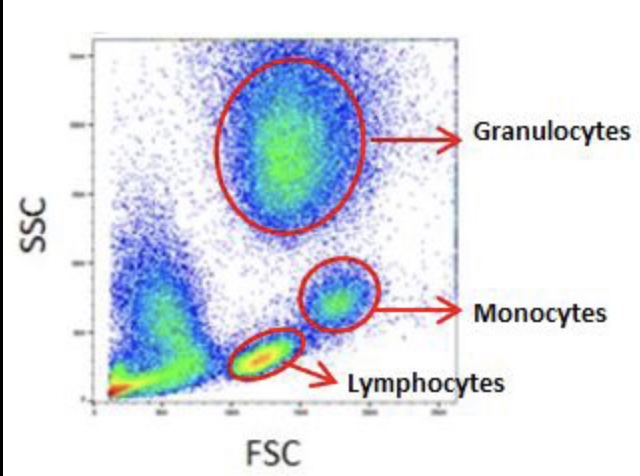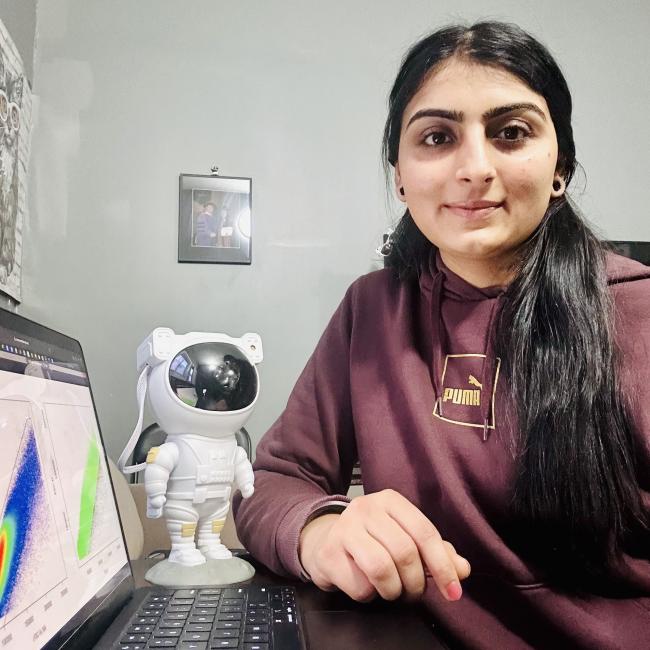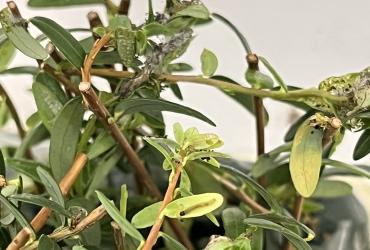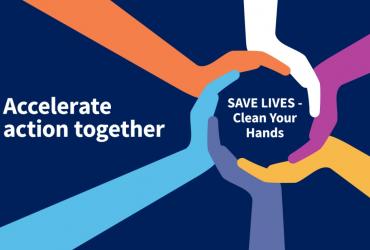Reflection
This co-op journey taught me various aspects of data science, which was quite a surprise. Initially, I didn't think that a biology-related co-op would involve much data work. However, as I immersed myself in my role, I was amazed by the sheer amount of data produced through flow cytometry and the crucial role of cleaning and analyzing it effectively. This initially worried me since it was new territory, but I soon realized that the methods had similarities. While the tools and functions for handling data were somewhat different, they weren't too far from what I knew.
Being part of this co-op boosted my confidence in tackling challenges. Engaging in diverse tasks honed my problem-solving skills. I noticed growth in my ability to handle issues as they arose. Throughout this journey, my colleagues' support played a significant role. Their guidance helped me navigate both the highs and lows of my job.
The co-op experience has truly been an eye-opener, revealing how adaptable skills are and how the camaraderie of a supportive team can make a considerable impact.
Most Valuable Aspects of This Experience
This experience will always have a special place in my heart. It's my very first Data job, and it's introduced me to the world of data and how to navigate it. I've learned how to succeed when you're starting from scratch. The team is wonderful, with experienced people who patiently explain things. I'm grateful to my supervisor, Ryan Brinkman, for trusting me with a big project. I'm working with people who've done a lot of research and published papers. They've also made R libraries for analyzing flow cytometry.
This journey has been a treasure trove of learning. It has taught me about teamwork, mentorship, and seizing opportunities. It's shown me how to grow and explore new things.
Connection to Academic Studies or Career Goals
This Co-op experience has beautifully bridged the gap between what I've learned in my studies and its real-world applications. It's like putting puzzle pieces together; my academic knowledge has found a meaningful purpose in solving work-related challenges. It's fascinating how this experience has expanded my comprehension of those concepts. In school, my exposure was often confined to limited and small datasets within labs and assignments. Yet, surprisingly, the strategies employed for those analyses share common threads with tackling larger datasets.
The skills cultivated from collaborating on school team projects have seamlessly transitioned to my co-op team efforts. The ability to work harmoniously and contribute effectively in a team setting has been a rewarding carryover.
Bioinformatics data analysis was never on my radar before this co-op opportunity. However, this journey has swung open a door to an entirely new realm, filled with abundant growth possibilities. This revelation has kindled a spark of curiosity and excitement within me, propelling me to explore uncharted territories.
Advice for Future Students
Entering a fresh work environment can bring a mix of feelings, including uncertainty. Remember, though, that questions are your allies. Don't hesitate to ask for help when things seem unclear.
Starting in a different work setting can be a bit overwhelming, especially when everything seems so new. But don't forget, everyone once started from scratch. Instead of letting the unknown scare you, see it as a chance to learn and become better.
Asking questions isn't a weakness; it's a sign that you're eager to understand and learn. It's like taking the first step towards getting better. Your coworkers and bosses will appreciate your interest in understanding what's happening. Not only will this help you, but it'll also make your work environment friendlier and more connected.
If you're working from home, make sure your space is peaceful. Keep an eye on your deadlines so you're not caught off guard. And even when your co-op starts, don't stop learning on your own. There will be lots of new things, and it's okay if they feel strange at first.
Lastly, if you're interested in data science, Bioinformatics is a great area to explore. Give it a try and see where it takes you!

















